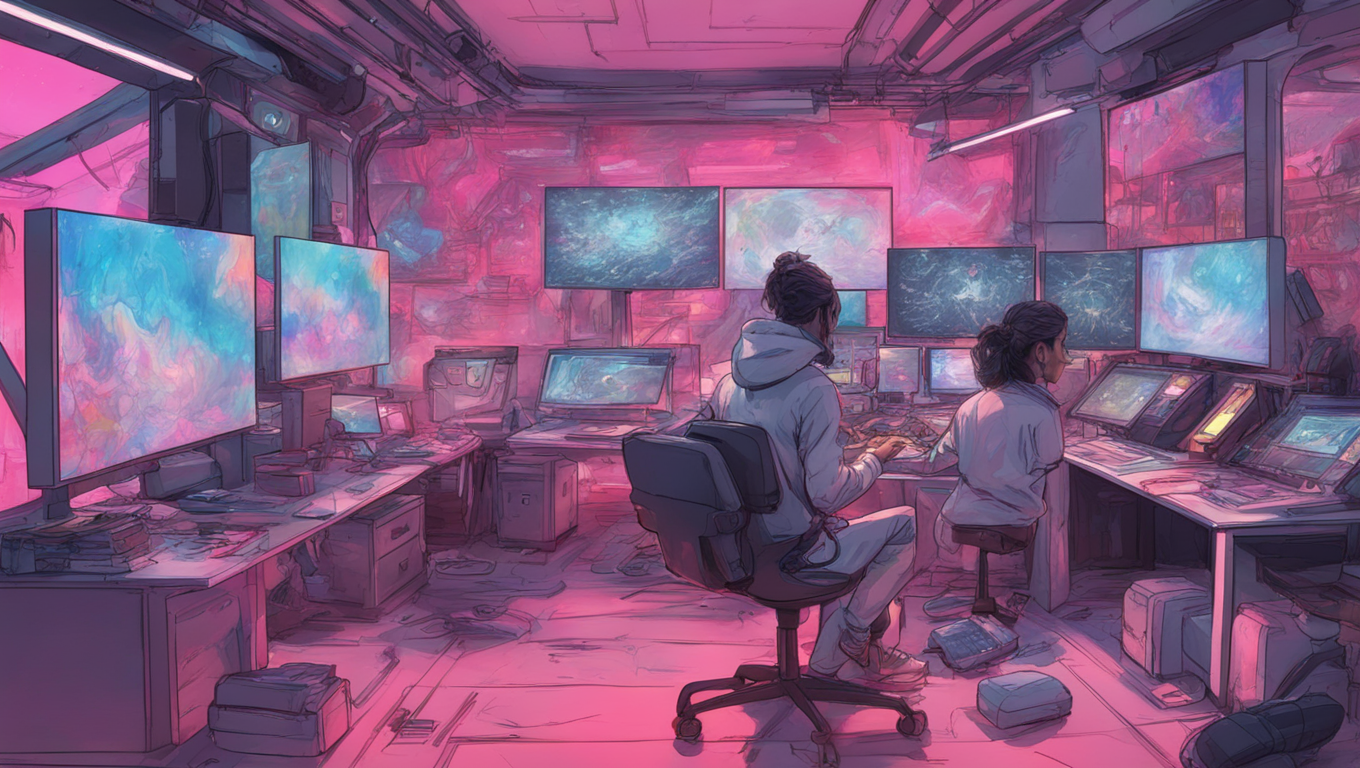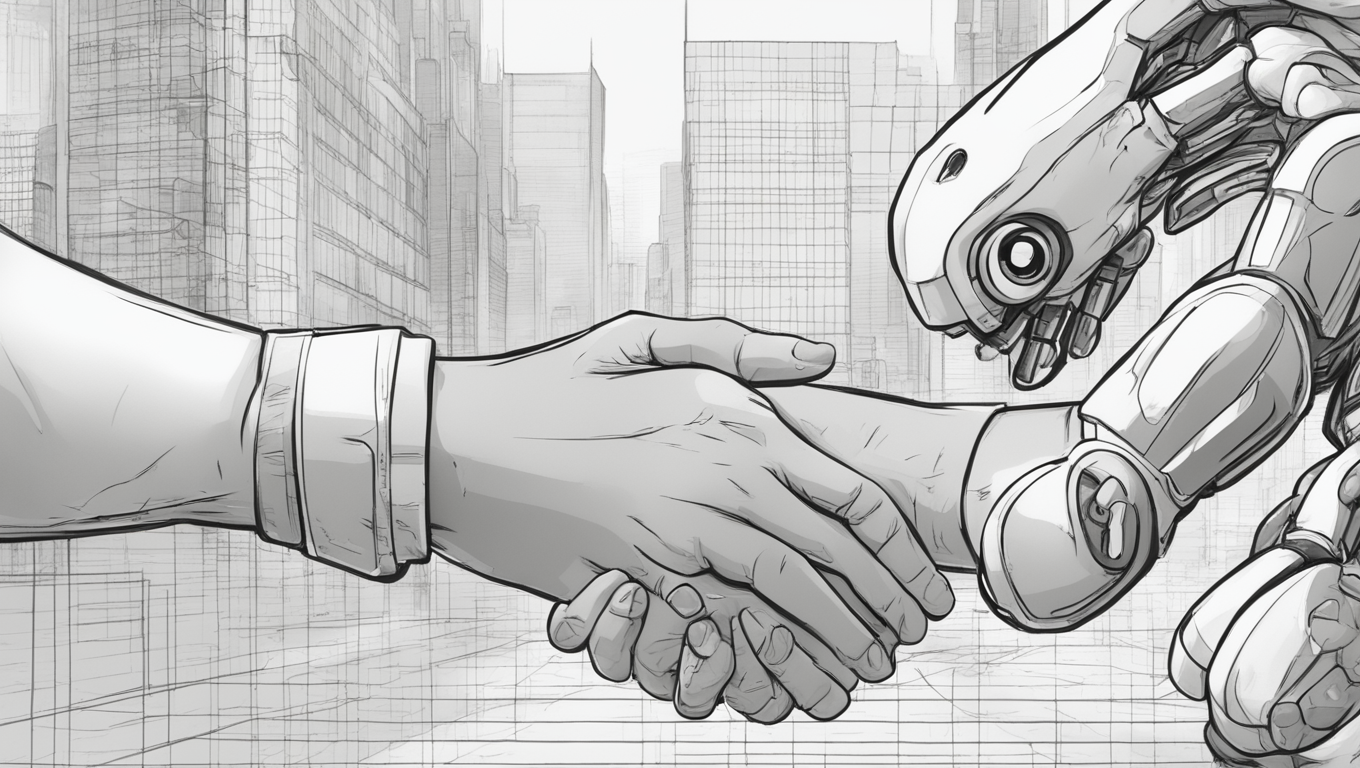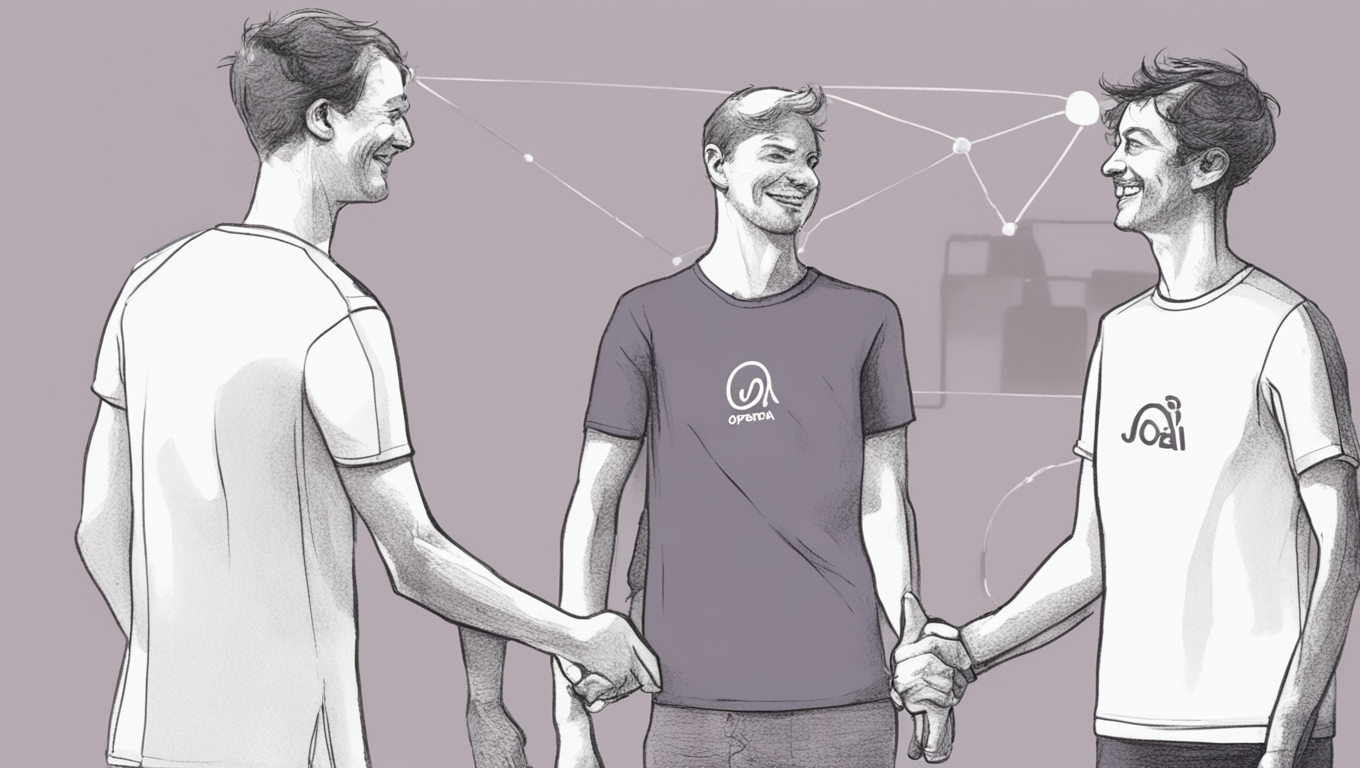OpenAI, the renowned artificial intelligence company, has just unveiled a groundbreaking update to its text-to-image tool, Dall-E. This latest version, aptly named Dall-E 3, harnesses the power of OpenAI’s widely popular AI chatbot, ChatGPT, to enhance the capabilities of creating images from text prompts. Dall-E 3 is set to become available to ChatGPT Plus and Enterprise customers in October through the API.
What sets this update apart is Dall-E 3’s ability to transform nuanced requests into incredibly detailed and accurate images. OpenAI has made significant strides in ensuring the tool’s responsibility by incorporating more robust safeguards. The new version will restrict its generation of content that is violent, adult-oriented, or hateful in nature. Furthermore, it includes features to decline requests that ask for images depicting public figures by name or in the artistic style of a living artist.
OpenAI acknowledges the importance of respecting creator rights and has taken steps to address this concern. Creators now have the option to opt out of allowing their work to be used for training future text-to-image models. This move reflects the company’s commitment to fostering an ecosystem where ethical considerations are at the forefront.
While OpenAI is leading the race to develop accurate text-to-image AI tools, it faces competition from other industry players such as Alibaba’s Tongyi Wanxiang, Midjourney, and Stability AI. These competitors are also continuously refining their own image-generating models, eager to push the boundaries of what AI can achieve in this domain.
Nevertheless, concerns about AI-generated images persist. In a notable ruling, a Washington D.C. court determined last month that a work of art created solely by AI, without human input, cannot be copyrighted under U.S. law. This legal decision highlights the complex and evolving landscape surrounding AI-generated content.
OpenAI is no stranger to legal challenges either. The company recently became embroiled in lawsuits when a trade group representing U.S. authors filed a complaint on behalf of renowned writers like John Grisham and George R.R. Martin. The lawsuit accuses OpenAI of unlawfully training ChatGPT on their literary works.
In the midst of these legal battles and concerns, OpenAI continues to forge ahead, determined to push the boundaries of AI capabilities while prioritizing ethical considerations and user safety. Dall-E 3 represents another remarkable advancement in the field of AI-generated images, as OpenAI continues to explore and refine the potential of this cutting-edge technology.
As Dall-E evolves and captures the imagination of users, the future of AI-generated images is sure to become an even hotter topic of debate and exploration. With OpenAI at the helm, we can expect more groundbreaking innovations that challenge our perceptions and push the boundaries of what AI can create.





Use the share button below if you liked it.